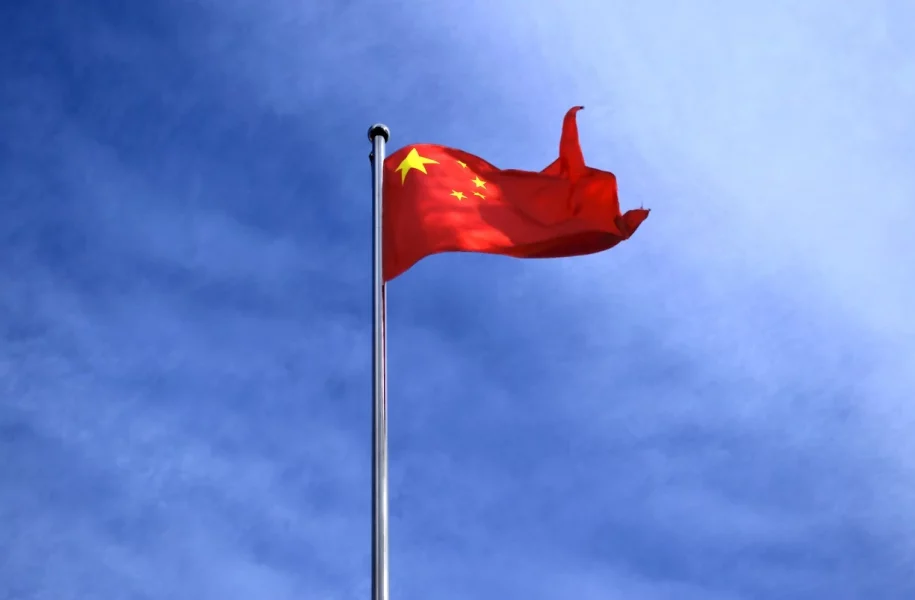Chinese Banks Spearhead Financial Shift in Russia Amid Ukraine Conflict

In response to the conflict in Ukraine, Chinese banks have significantly increased their support to Russian banks, positioning the renminbi as an alternative global currency to the US dollar.
Over a 14-month period ending in March, four of China’s largest banks expanded their exposure to Russia from $2.2 billion to $9.7 billion, with ICBC and Bank of China contributing $8.8 billion of these assets. This shift occurred as Western banks faced pressure to exit Russia due to regulatory and political demands, coupled with the challenges posed by international sanctions.
Austria’s Raiffeisen Bank, the foreign bank with the largest Russian exposure, also saw a 40% increase in assets during the same period, though it has expressed intentions to explore exit strategies.
Chinese banks’ loans to Russian counterparts, largely involving the renminbi replacing the dollar and euro, indicate the effectiveness of sanctions.
This transition reflects Russia’s move towards adopting the renminbi as a reserve currency instead of the dollar or euro. Renminbi trading between Russia and China surged, with bilateral trade reaching $185 billion in 2022.
According to Russia’s central bank, the proportion of Russia’s export payments in “toxic currencies” (dollar and euro) dropped to less than half, while the renminbi’s share increased to 16%.
Raiffeisen, one of the few Western banks retaining a significant Russian presence, reported a 9.6% profit increase to €867 million in the first half of the year. However, the European Central Bank pressured supervised lenders, including Raiffeisen, to exit Russia.
READ MORE: NFT Market in a Serious Decline: What Lies Ahead?
Raiffeisen actively seeks ways to sell or spin-off Russian businesses while ensuring compliance with local and international regulations.
In the broader context, foreign institutions’ share of Russian banking assets decreased from 6.2% to 4.9% over the 14 months. ICBC, Bank of China, China Construction Bank, and Agricultural Bank of China declined to comment on these developments.
This dynamic illustrates China’s growing financial influence in Russia amid geopolitical changes and the ongoing shift towards the renminbi as a global currency.
Source: FT














